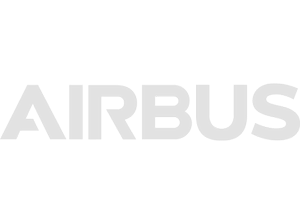Real-world use cases

Tackling a costly bottleneck in automotive design
Mazda, a global leader in automotive innovation, partnered with Q-CTRL to explore how quantum computing can transform the way vehicle frames are designed.
5X
reduction in required training data to deliver frame designs with improved performance, leveraging quantum machine learning models.
Working with Q-CTRL gave us a chance to explore a new and fast moving area of technology in a way that was grounded in our real design challenges. The team brought a strong mix of technical expertise and practical focus, helping us understand how quantum machine learning might fit into our workflow. It was a productive and insightful collaboration.

Unlocking hardware-efficient quantum gates with the ‘Rosetta stone’ of code
Boulder Opal enabled precision control of trapped-ion vibrations, realizing error-correctable qubits in a compact, hardware-efficient form.
2in1
Achieved 2 error-correctable logical qubits in 1 atom, reducing hardware demand and enabling scalable, hardware-efficient quantum processing.
Effectively, we store two error-correctable logical qubits in a single trapped ion and demonstrate entanglement between them. We did this using quantum control software developed by Q-CTRL, with a physics-based model to design quantum gates that minimise the distortion of GKP logical qubits, so they maintain the delicate structure of the GKP code while processing quantum information.

Preparing diverse cohorts with Black Opal for Digital Catapult’s hybrid learning Quantum Technology Programme
Helping Digital Catapult drive quantum computing adoption through education, industry partnerships, and hands-on learning with Black Opal.
4.8
out of 5 average participant rating for the program, including Black Opal, which was also credited with raising participants' confidence in their quantum computing abilities from 3.1 to 4.2 out of 5 by the end of the course.
The easy-to-use, intuitive Black Opal tool allowed our QTAP participants to quickly get up to speed with quantum computing, ready to trial their real-life business use cases. There was also some great material for participants who were curious to learn more about advanced topics.


Accelerating the schedule for quantum-enhanced rail
Accelerate the usefulness of quantum computing for rail scheduling through custom solution development and performance optimization utilizing Fire Opal.
6X
increase in solvable problem size and accelerated timeline to practical quantum advantage by up to 3 years, now estimated for 2028.
We were pleasantly surprised to see the optimal routing of 26 trains over 18 minutes of real scheduling data for the full station topology being realised on a real quantum device, which otherwise wouldn’t have been possible without using Q-CTRL’s optimisation solver.


















